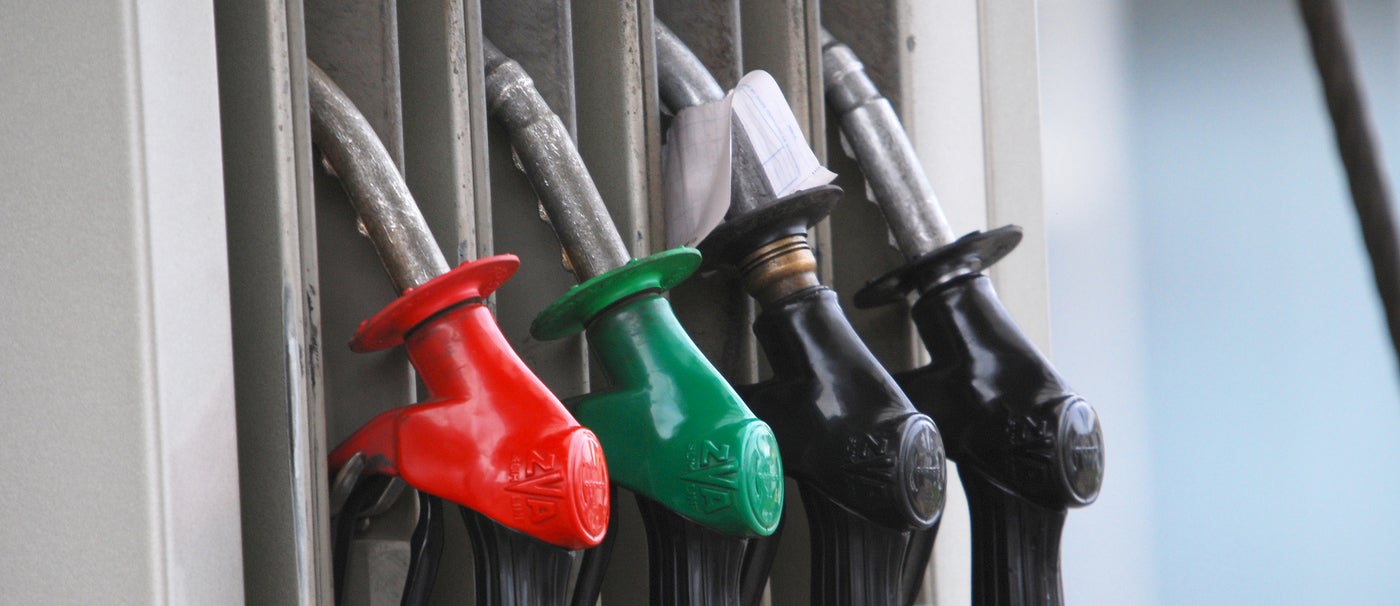Premium vs. Regular Gas: What’s the Difference in Lexington, KY?

Ever been curious about the various fuel options available when you fill up your gas tank? Specifically, do you know the difference between premium and regular gas? Check out this premium vs. regular gas comparison guide from Jim Hudson Ford so that you can make an informed decision at the pump. For more information, contact our service department today.
Regular Unleaded Gasoline
More often than not, Columbia-area drivers use regular unleaded gasoline in their vehicles. It is known to be better for the environment than gasoline with lead. As for its octane rating, which represents how well it combats inappropriate fuel consumption, is 87.
Premium Gasoline
Certain vehicles, however, require premium gasoline. When comparing premium vs. regular gas, Irmo drivers will find that the two are quite similar, given that they come from crude oil and are combustible. What sets premium gasoline apart, though, is its octane level of 90 or above. Premium gasoline works to keep your engine cleaner, which results in less pollution.
Difference Between Premium and Regular Gas
What is the real difference between premium and regular gas, then? Chapin drivers should know the following when deciding which type of gas to use in their vehicle.
- Octane Rating: The octane rating indicates the likelihood of engine knocking, which can damage your vehicle. The higher the octane level, the lower the chance of engine knocking.
- Engine Suitability: Check your owner’s manual for the gasoline suitable for your engine. That’s because engines with lower compression ratios benefit from regular unleaded gas, while powertrains with higher compression ratios function better with premium gasoline.
- Price: Looking to spend less at the pump? Since premium gasoline can cost as much as 20 to 40 cents more per gallon than regular unleaded gasoline, Columbia drivers should use premium only if required in order to save some money.
Premium vs. Regular Gas: Additional Tips
When comparing premium vs. regular gas, Jim Hudson recommends the following:
- Premium gas will not boost performance or longevity if your vehicle does not require it.
- Using regular gas on occasion for a vehicle that requires premium gas should cause no harm. However, switch back to premium gasoline if you hear engine knocking.
- Vehicles with engine turbochargers may need premium gas to function properly.
Get More Information from the Jim Hudson Ford Service Center
Get in touch with Jim Hudson Ford for more information on the difference between premium and regular gas, and which type you need to use to achieve maximum MPG ratings. We can help you determine which gas is best for your vehicle, and we also will provide advice on various other service-related topics, such as how to reset the tire pressure light or how often to check synthetic oil.

